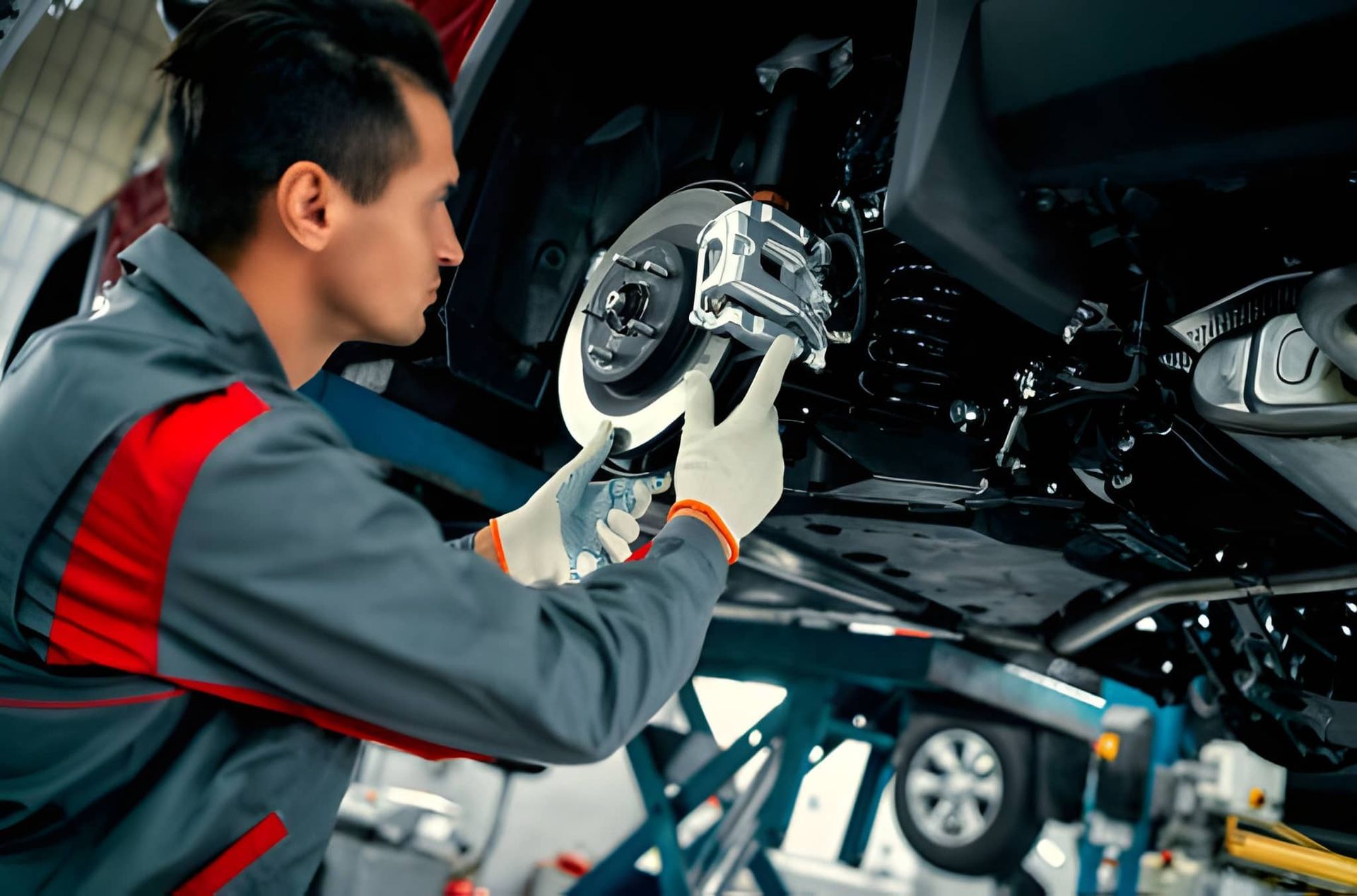Comparing Essential Fluids for Your Vehicle’s Health
Your vehicle relies on several essential fluids to keep it running smoothly and efficiently. From lubricating moving parts to preventing overheating, these fluids play a crucial role in your car’s overall performance and longevity. Knowing the difference between them and when they need to be changed can help prevent costly repairs and breakdowns. Here’s a breakdown of the essential fluids your vehicle needs and why they matter.
Engine Oil
Engine oil is one of the most important fluids in your vehicle. It lubricates the engine’s internal components, reducing friction and preventing excessive wear. Over time, oil breaks down and collects contaminants, which is why regular oil changes are necessary. Most vehicles need an oil change every 3,000 to 7,500 miles, depending on the type of oil and manufacturer recommendations.
Transmission Fluid
Transmission fluid keeps your transmission running smoothly by cooling and lubricating the gears. Without it, your transmission could overheat, leading to costly repairs. Transmission fluid should be checked regularly and changed according to your vehicle’s service schedule, usually between 30,000 and 60,000 miles for automatic transmissions. If you notice delayed shifting, slipping gears, or a burning smell, it may be time for a fluid change.
Coolant
Coolant, also known as antifreeze, regulates your engine’s temperature and prevents overheating. It circulates through the radiator and engine, keeping components at the right temperature in both hot and cold weather. Low coolant levels or contaminated coolant can lead to overheating and engine damage. Most vehicles require a coolant flush every 30,000 to 50,000 miles to maintain efficiency.
Brake Fluid
Brake fluid is essential for your vehicle’s braking system, transferring the force from your foot on the brake pedal to the brake components. Over time, brake fluid absorbs moisture, which can lead to reduced braking performance and even brake failure. It’s recommended to replace brake fluid every two to three years, or as specified in your owner’s manual. If you notice a spongy brake pedal or reduced stopping power, have your brake fluid checked.
Power Steering Fluid
Power steering fluid helps make steering easier by providing hydraulic pressure to assist with turning the wheel. If the fluid level is low, you may notice difficulty steering or hear whining noises when turning. Some vehicles require periodic power steering fluid changes, while others have electric power steering that does not require fluid. Check your owner’s manual for specific recommendations.
Windshield Washer Fluid
While not a mechanical necessity, windshield washer fluid is important for visibility and safe driving. Keeping your reservoir filled ensures you can clear dirt, bugs, and debris from your windshield, especially during long drives or poor weather conditions. Unlike other fluids, washer fluid doesn’t need to be replaced on a schedule—just refill it as needed.
Differential and Transfer Case Fluids
For vehicles with all-wheel drive or four-wheel drive, differential and transfer case fluids help keep the drivetrain operating smoothly. These fluids lubricate gears and bearings, reducing wear and preventing overheating. Depending on the manufacturer, they should be changed every 30,000 to 60,000 miles to maintain optimal performance.
FAQ: Top Questions About Your Vehicle’s Vital Fluids
1. Which fluids should I be checking at every oil change?
When you're getting your oil changed, it's a perfect time to inspect these other fluids too:
- Transmission Fluid
- Coolant (Antifreeze)
- Brake Fluid
Power Steering Fluid - Windshield Washer Fluid
- Differential Fluid
Bonus tip: If your vehicle has all-wheel or four-wheel drive, don’t forget about the transfer case fluid. And if your A/C isn’t cooling like it used to, it might be time to check the refrigerant level.
2. How frequently do these fluids need service?
Here’s a general breakdown:
- Engine Oil: Every 3,000–7,500 miles
- Transmission Fluid: 30,000–60,000 miles (check your manual!)
- Coolant: Every 30,000–50,000 miles
- Brake Fluid: About every 2–3 years
- Power Steering Fluid: Varies by model
- Differential/Transfer Case Fluids: 30,000–60,000 miles
- Windshield Washer Fluid: Top off whenever it’s low
3. What happens if I skip fluid maintenance?
Neglecting fluid checks can lead to some major issues—like overheating, hard shifting, reduced braking power, or even total engine failure. Think of fluids as your vehicle’s internal lifelines; keeping them clean and full helps your car perform better and last longer.
Keep Your Vehicle’s Fluids in Check
Regular fluid checks and changes are essential to keeping your vehicle running efficiently and preventing unnecessary repairs. Each fluid serves a different purpose, but they all work together to ensure your car operates at its best.
If you’re unsure when your vehicle’s fluids were last checked or changed, schedule an appointment with Super Service of Aliso Viejo. Call us at (949) 831-1525 or visit www.superserviceofalisoviejo.com to book your service today.











